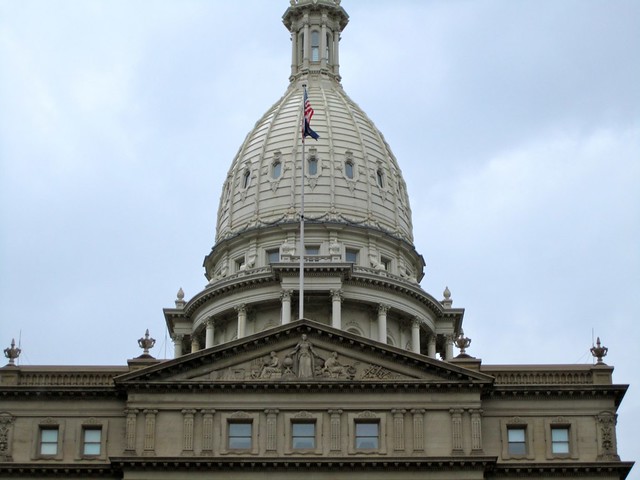
Late last month, state Representative Steve Johnson (R-72nd) introduced House Bill No. 5019 in response to Governor Gretchen Whitmer’s (D-Mich.) six-month ban on flavored e-cigarettes. In an unprecedented move, Whitmer proposed banning the sale of all flavored e-cigarettes without any sort of legislative action in the name of a public emergency. The announcement preceded a similar threat from the Trump Administration and identical actions from the Governors of New York, Massachusetts, Washington, and Rhode Island.
There will be a hearing on HB 5019 on Tuesday, October 22 before the Michigan House Regulatory Reform Committee.
Flavored e-cigarettes have long been the most popular type of products used by adult smokers to transition away from combustible cigarettes. A review published in the Harm Reduction Journal last year found that:
The proportion of first e-cigarette purchases that were fruit-flavored increased from 17.8% of first purchases made before 2011 to 33.5% of first purchases made in 2016. Tobacco-flavored first purchases almost halved during this time (46.0% pre-2011 to 24.0% between 2015 and 2016). Fruit/fruit beverage (73.9 to 82.9% of users), dessert/pastry (63.5 to 68.5% of sampled users), and candy, chocolate, or sweets (48.7 to 53.4% of sampled users) were the most popular currently used e-cigarette flavors.
Preserving tobacco-only flavored products will result in ineffective alternative products being the only option for adult smokers in Michigan. There are at least 422,000 current adult e-cigarette users in Michigan and at least 1.8 million smokers whose ability to transition to lower risk alternatives would be negatively affected by a flavored e-cigarette ban.
Representative Johnson’s proposal to overturn the governor’s executive flavor ban would only apply to products that contain a moderate to low amount of nicotine, an acknowledgment that the strength of these products may play a larger role in youthful experimentation rather than the flavors themselves.
It is commendable that Representative Johnson is standing up to the governor in the midst of an onslaught of negative media coverage across the country. For adult smokers, e-cigarettes are at least 95% less harmful than traditional cigarettes, which are still used by more than 34 million adults in the United States. Banning most of these products send the wrong message to smokers, whose access to cigarettes is not being threatened by the government, that they should simply keep smoking.
The growing evidence regarding recent reported “vaping” illness and deaths suggests that illicit THC and marijuana is the true culprit, and not commercially available nicotine products. Both the Food and Drug Administration and Centers for Disease Control and Prevention have warned consumers to not vape marijuana until a full investigation uncovers what is going on. The vaporizers and marijuana that are causing problems are not impacted by the six-month flavored e-cigarette sales ban.

